SMOOSH JUICE
The Articles of Dragon: “All Games Need Names”

As much as I loved “Even Orcish is Logical” by Clyde Heaton, the article in issue #75 of Dragon (July 1983) that really had a lasting impact on me was Katharine Kerr’s “All Games Need Names.” Partly, that’s a function of the fact that Kerr’s article was much lengthier than Heaton’s. Take up seven pages in the issue (some partial pages, to be clear), Kerr’s piece is necessarily more extensive in its coverage of its subject matter. However, it’s not simply its length that gave it greater purchase on my imagination. Rather, it’s that Kerr seems to know even more about linguistics – and how to present that knowledge in a useful, practical way.
Kerr devotes a lot of attention to phonemes, which is to say, the sounds of a language. Heaton did this, too, but Kerr’s discussion is more sophisticated and grounded in the academic study of linguistics. I can’t say for certain, but it’s quite likely that this article was the place where I first encountered consonantal groupings, like labials, dentals, alveolars, etc. The article includes a useful table of the different sounds and how they’re made by the human mouth. Some might not unreasonably suggest that this is pointless pedantry. For me, though, as a nerdy 13 year-old, this was pure gold. It helped me to understand the differences between consonants and the sounds they made, which, in turn, informed my ability to think about constructed languages.
In a similar vein, Kerr categorizes languages themselves, based on their broad grammatical structure. For example, she talks about isolating languages, whose words don’t change much or at all, depending on usage, and compares them to inflectional languages, whose words change to varying degrees based on usage. She talks about grammatical gender, number, possession, and place, among many other related topics. Kerr also taught me the word “infix,” which I have never forgotten in the decades since. Taken together, she puts a lot of effort into showing that languages differ from one another not just in their sounds but also in their forms and these differences should be considered, even if you’re only interested in coming up with plausible names for use in a roleplaying game setting.
As a kid, I learned a lot from this article. I found myself heading to the local library and checking out books about foreign languages, especially dictionaries. Just a few months after “All Games Need Names” appeared, I was in high school, learning Latin and French, which further increased my enthusiasm for making use of languages, both real and constructed, in my roleplaying campaigns. Kerr’s focus here was on plausible (and interesting) names for RPGs and I certainly followed her advice on that score. However, it also gave me the itch to expand beyond that and try my hand at something closer to a full constructed language.
My main complaint about the language is that, unlike Heaton’s discussion of Orcish, Kerr gives only very fleeting examples of how to use all the information she presents in her article. It’s mostly theoretical in its content and, while that was great for a person like me, I can easily see how it might be inadequate for others. I imagine that’s why Dragon published the two articles side by side and even dubbed them “Language Lessons,” parts I and II. Together, they provide a decent tool box for referees hoping to make languages and names a bit more coherent and believable. They’re no substitute for more academic study of these topics, naturally. For most of us, though, they’re more than sufficient. I loved them both in my youth, especially Kerr’s article. Good stuff!

